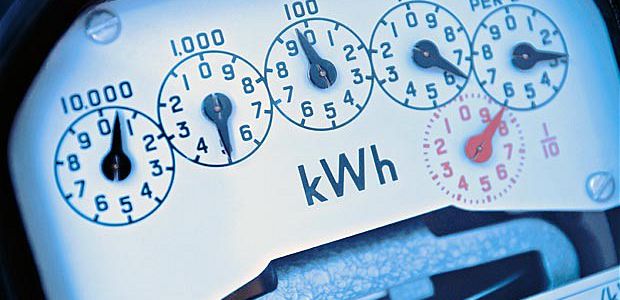French electricity distribution network operator ENEDIS has expressed an interest to take part in an entrepreneurial team for the replacement of Greece’s conventional power meters with digital-technology systems.
An older pilot plan concerning the installation of 200,000 digital power meters as a lead up to the full-scale project has been severely bogged down by issues, including appeals and legal disputes between bidders, prompting the need for a new business model.
According to the original plan, the entire project was scheduled to be completed by 2020. DEDDIE/HEDNO, Greece’s Electricity Distribution Network Operator, is now aiming to launch the project’s development, based on a new business model, within the current year, if possible.
Just days ago, a team of leading ENEDIS officials, joined by French energy regulatory authority officials, travelled to Athens to offer a detailed presentation of their proposal to DEDDIE/HEDNO, RAE (Regulatory Authority for Energy) and energy ministry officials. Based on a model already implemented in France, the plan would bring together the public and private sectors for a joint venture.
DEDDIE/HEDNO would hold a stake of no less than 51 percent in this venture, while the rest of the team would be comprised of private-sector firms selected through an international tender and banks. ENEDIS is striving to be included in this framework. The European Investment Bank (EIB), which has previously supported other DEDDIE/HEDNO infrastructure projects, is believed to also be interested.
The French model, initially discussed by French President Emmanuel Macron during an official visit to Athens last September, appears to have convinced the heads at Greece’s energy ministry and RAE. However, final decisions have yet to be reached. The main power utility PPC has expressed reservations, if not objections.
According to the French proposal, a business team, joined by the operator – DEDDIE/HEDNO in Greece’s case – would take on financing, procurement and installation of the digital power meters. Also, consumer repayment of the part of the project’s cost not covered by EU development fund subsidies would be delayed by a few years in exchange for a predetermined interest rate. Once consumers eventually begin servicing the repayment process, a reduction of overall consumer energy costs can be anticipated as a result of energy savings promised by the smart meters. Network surcharge increases, it is estimated, will be offset by electricity bill amount reductions, according to the French proposal.
The project’s total cost is currently estimated at 1.2 billion euros but this figure is expected to fall to a level of around 800 million euros as the technology to be used matures and related purchase prices deescalate.
The installation of digital power meters in Greece is both a necessity and obligation promising to radically change how the electricity market operates. The country’s lenders have demanded a clear-cut development time frame in the bailout agreement.





